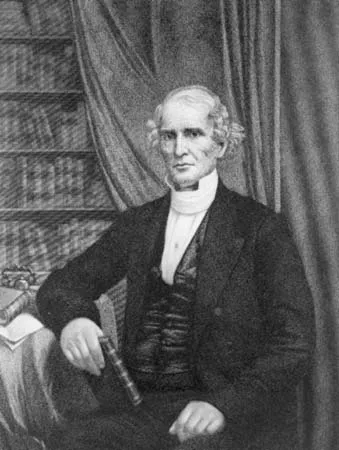Atonement: Governmental Theorists; Denying The Lord That Bought Them?

After reviewing Barnes book on the previous study, I was particularly bothered by these thoughts- Barnes recognizes in Ch.7 “It is impossible that this should have occurred unless the Divine nature actually suffered. If that were so, then it might be conceivable that an amount of suffering might have been endured in the time during which the Redeemer was on the cross which would be equal to all that those for whom he died would endure if in their own persons they bore the penalty of the law forever; for, if an infinite Being could thus suffer, the very fact that he is infinite would make such a supposition possible. But on no other supposition can it be conceived that, in the hours in which the Redeemer hung on the cross, or in the whole length of a human life, an amount of suffering could have been endured which would be equal to what countless millions could endure in the world of woe if prolonged to eternity.” He doesn’t appear from this statement to believe that “the Divine nature actually suffered” in the incarnate Word in whom dwelt the fulness of the Godhead bodily, or that they had not "crucified the Lord of glory." Barnes explains “This doctrine cannot be believed.... the doctrine was found that God had endured mortal pangs. Such a statement would so impinge on all the conceptions which men entertain of the Divine nature, that it could not, and would not, be believed. God cannot suffer and die. If there is any thing of which the human mind is perfectly confident, it is of the truth of this statement; and if it were necessary that the Divine nature should suffer in order that an atonement should be made, it is clear that it would have been forever impossible.
God cannot die; and yet, in all the representations which we have of the atonement, the statement is that it was made by the death of the victim.” (pg.225-6)
If Christ is the express image of the Father in whom all fulness dwells, is he not fully God incarnate? (Col.2:9, 1:19, Heb.1:3) If the atonement was just a token suffering and not satisfying the the full penalty of the law whereas the full penalty Barnes admits could be paid if in fact “an infinite Being could thus suffer”, is this not an admission that Christ who suffered was not fully God incarnate? That the divine nature is not fully represented in the man Christ Jesus? For if in Christ dwelt the fulness of the Godhead bodily why would his sacrifice not have satisfied the eternal justice of God? This would be a denial of the Lord in the very act of buying them.
2 Pet.2:1 But there were false prophets also among the people, even as there shall be false teachers among you, who privily shall bring in damnable heresies, even denying the Lord that bought them, and bring upon themselves swift destruction.
1 Jn. 4:3 And every spirit that confesseth not that Jesus Christ is come in the flesh is not of God: and this is that spirit of antichrist, whereof ye have heard that it should come; and even now already is it in the world.
No comments:
Post a Comment